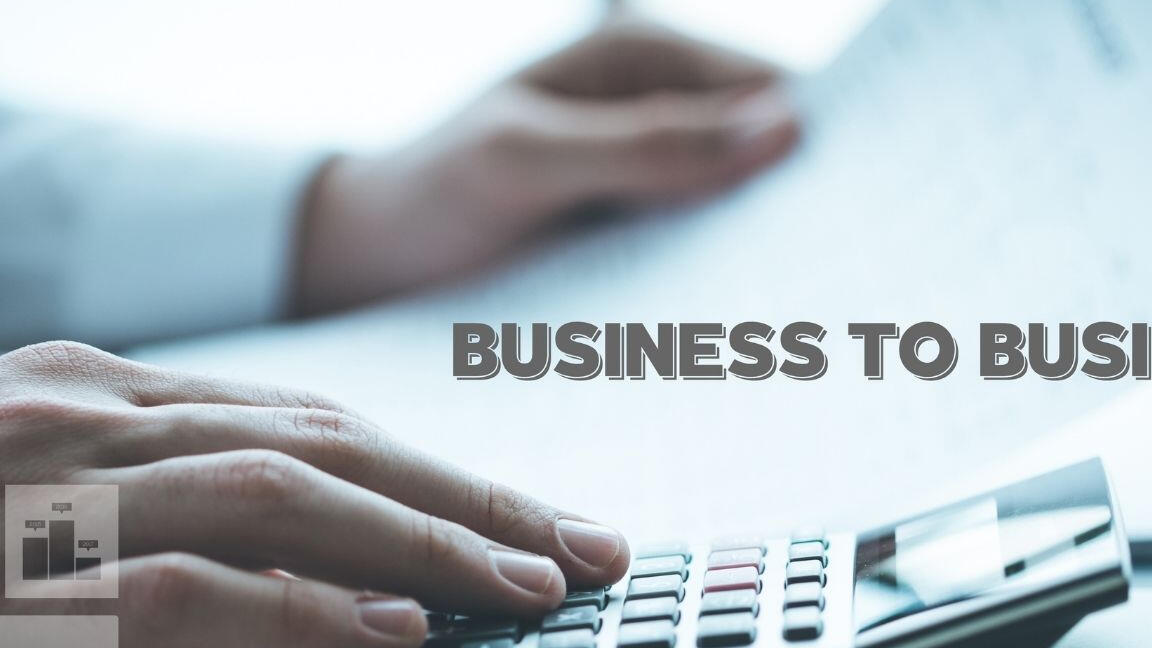10 tips for safe internet surfing
February 6th was Safer Internet Day. During this day, which was celebrated in many countries at the same time, people were made aware of the importance of creating good habits to surf the Internet safely. The main objective of the campaign, initiated by the INSAFE/INHOPE network, is to protect young people from the dangers of the Internet.
Celebrated on the second day of the second week of the second month of the year, Safer Internet Day 2018 falls under the slogan "Create, Connect and Share Respect: A Better Internet Starts with You". In Blau Comunicación we wanted to join yesterday's celebrations and therefore we have made a compilation of the best tips for surfing the Internet safely.
1. Make sure before buying online
Nowadays, many of the purchases we make are made over the Internet. It is a fast and convenient method that allows us to get good prices, compare and buy quickly. However, when we are going to buy products online, we must take into account some recommendations to surf the Internet safely.
When shopping online you should make sure that you are on the right page and that the address starts with https. It is also important to check the so-called privacy policies of each website. In addition, it is always better to use Paypal accounts or other alternatives such as prepaid cards to protect your bank details. And, of course, don't trust just any website or seller.
When shopping online you should make sure that the website is safe and trustworthy, but also that the seller has good references from other users.
2. Get a good antivirus
It doesn't matter what your operating system is or the device you are accessing it from. When surfing the Internet it is very important to make sure you have a secure and up-to-date antivirus. With a good antivirus you will prevent malware from entering your devices, whether they are computers, mobiles or tablets. This way, you will be able to prevent changes being made or actions being carried out on your behalf, as well as information being stolen or your devices being compromised. Remember that you are not only protecting your online identity, but those of everyone in your home or work.
3. Don't trust public networks
As we already know, when we are away from home we use all the networks that are within our reach. WiFi in bars, shops and public areas beckons us with the promise of saving our limited data usage. However, we often don't think about the security of some of these networks and we need to be very aware of this.
Make sure the WiFi network you are connecting to is secure. If you are not sure whether it is or not, it is better not to access applications or pages that contain your personal data.
Our advice, be careful with passwords or bank details when you are connected to public networks. Although many of them have their own security, in others the packets of information they contain are easy prey for hackers or cybercriminals. Avoid accessing such applications when connected to an unsecured network.
4. Be cautious with incoming emails and suspicious links.
It is very common to find emails from unknown senders in your inbox. Many of them have subjects that catch our attention. Others are even tailored to our tastes and preferences. Whatever the case, do not trust them. Never click on links or attachments in unknown messages. Nor is it advisable to reply to these emails, as we would be giving out personal data, such as our email address, for example.
On the other hand, there is an increasingly widespread practice whereby some websites, especially for viewing audiovisual content or downloading some type of file, confuse you into clicking on certain links or redirect you directly to the link itself. We can find it while browsing, in email or even on social networks.
We must be very careful with these practices as they can be computer viruses that try to take over your network accounts, get your personal data or take over your computer systems. The best thing to do in this case is to abandon certain websites that impose these actions and ignore links that have dubious origins.
5. Keep an eye on the so-called "internet of things".
Although we may not realise it, there are more and more digital and computerised things in our lives. This is known as the internet of things, a concept that talks about the interconnection of everyday objects with humans through the internet. Kitchen robots that inform you of recipes, watches that analyse your sleep and physical activity or clothing that monitors your body heat. These are just a few examples of the contributions these instruments can make to our lives.
The interconnection between household and everyday devices can have dangers that can easily be avoided.
However, it is advisable to keep all these objects up to date, not only for their longevity, but also for your safety. The fact that these everyday tools can transmit personal information in real time can be a target for cyber attacks. Changing usernames and passwords frequently can also help prevent information theft.
